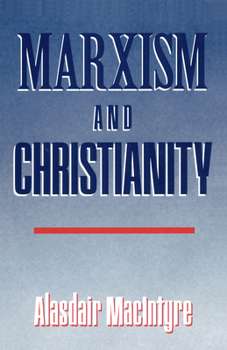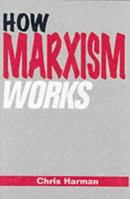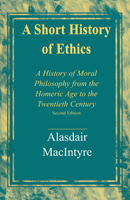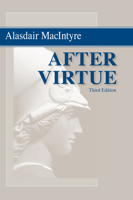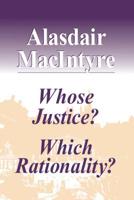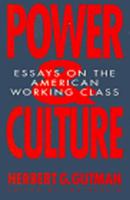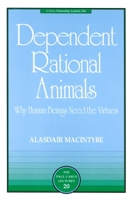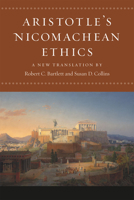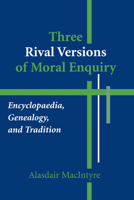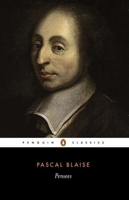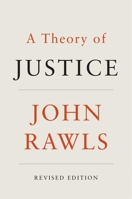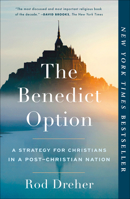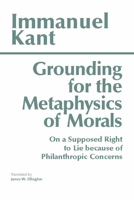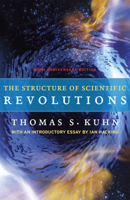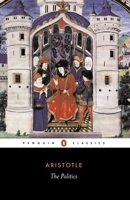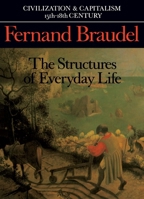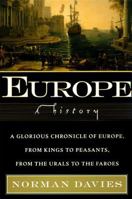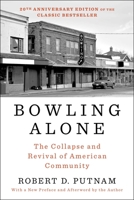Marxism and Christianity
Select Format
Select Condition 
You Might Also Enjoy
Book Overview
Contending that Marxism achieved its unique position in part by adopting the content and functions of Christianity, MacIntyre details the religious attitudes and modes of belief that appear in Marxist doctrine as it developed historically from the philosophies of Hegel and Feuerbach, and as it has been carried on by latter-day interpreters from Rosa Luxemburg and Trotsky to Kautsky and Lukacs. The result is a lucid exposition of Marxism and an incisive account of its persistence and continuing importance.
Format:Paperback
Language:English
ISBN:0268013586
ISBN13:9780268013585
Release Date:December 1984
Publisher:University of Notre Dame Press
Length:160 Pages
Weight:0.54 lbs.
Dimensions:0.5" x 6.0" x 8.0"
Customer Reviews
1 customer rating | 1 review
Rated 5 starsMarxism from a master Hegelian
By Thriftbooks.com User,
Mac Intyre is always worth reading. This is a slim volume, and despite the title, contains little concerning Christianity. Mainly the book serves as an overview of modern Marxism from a sympathetic vantage point. Importantly, the author finds certain key areas of overlap between Marxism and Christianity. At a philosophical level, he believes Marx takes over Hegel's reworking of core Christian themes and turns them into...
0Report











